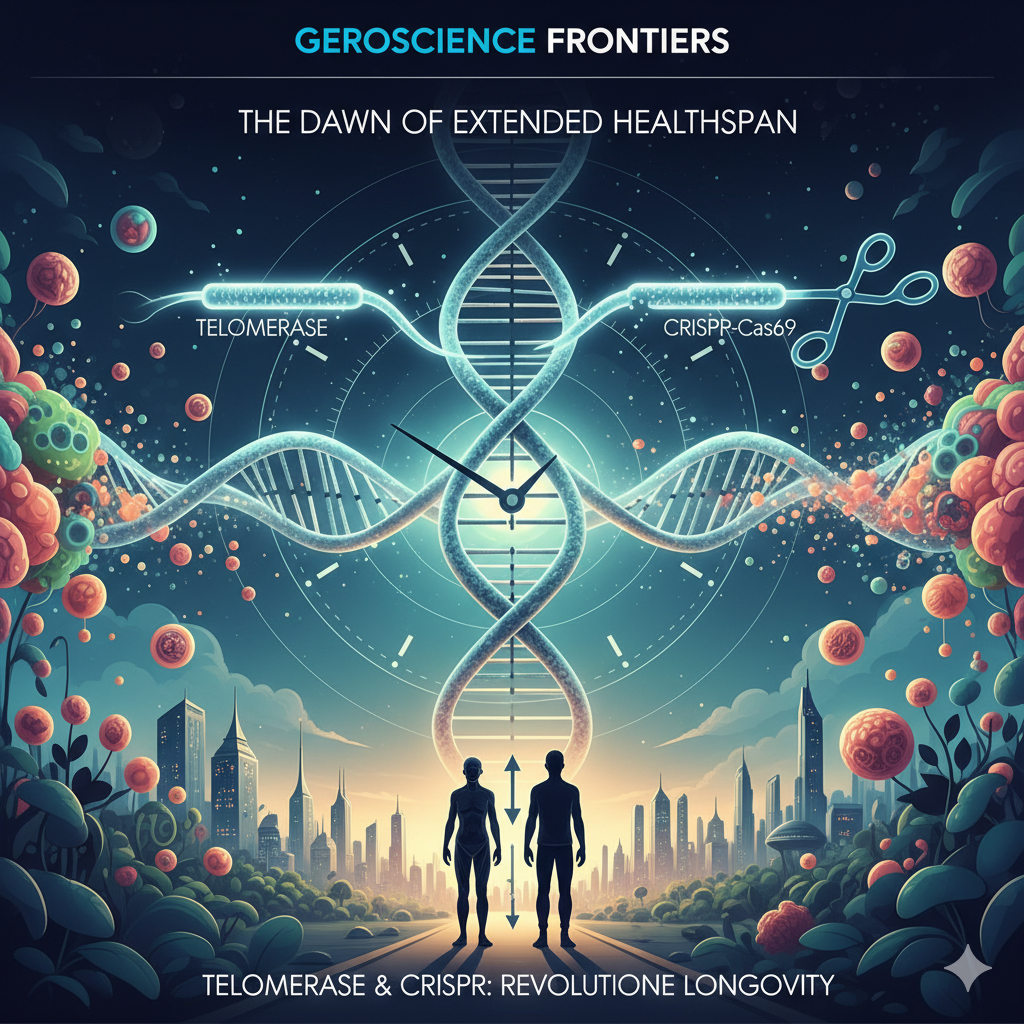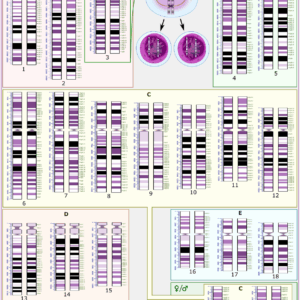Overview:
Geroscience is an emerging interdisciplinary field that posits the fundamental mechanisms of biological aging drive most chronic diseases in later life. Instead of targeting individual age-related diseases (like heart disease, diabetes, or cancer) in isolation, geroscience seeks to intervene upstream—at the aging process itself—to delay, attenuate, or prevent the onset of multiple conditions simultaneously.
by Dr. Mario Hugo Genero, MD – Kendall Square – Cambridge – MA – USA (drmariogenero@outlook.com)

Recent Advances
Recent clinical and translational research has provided increasing support for the “geroscience hypothesis”—that slowing aging processes will extend healthspan and delay multimorbidity and functional decline. Interventions under current investigation include senolytics, caloric restriction mimetics, and modulators of metabolic and inflammatory pathways. Large-scale collaborative efforts, such as the NIH Geroscience Interest Group (GSIG), are facilitating multisite trials and bringing together diverse expertise to accelerate discovery and translation.
Innovative clinical trials are being designed to test anti-aging therapeutics in humans, though these present unique methodological challenges. Unlike traditional disease-specific trials, endpoints for geroscience interventions must capture improvements in function, quality of life, and resilience, sometimes over long follow-up periods. Experts emphasize the priority of patient-reported outcomes and validated measures of frailty and physical function when evaluating impact.
Opportunities and Challenges
- There is growing recognition that interventions targeting aging biology hold the potential for greater impact on population health than any single-disease cure.
- Major challenges include establishing endpoints, ensuring diversity and inclusivity in research cohorts, and standardizing biomarkers and outcome measures.
- The Fourth Geroscience Summit (2024) highlighted the need for collaborative, interdisciplinary, and global approaches, including training a diverse workforce and focusing research on both biological and social determinants of healthy aging.
Key References (2023–2025)
- Kritchevsky SB. “Geroscience: A Translational Review.” 2025.
- Addie S et al. “Considering the Future of Geroscience: Goals and Opportunities Stemming From the Fourth Geroscience Summit.” J Gerontol A Biol Sci Med Sci. 2024;79(9):glae179.
- Rolland Y et al. “Challenges in developing Geroscience trials.” Nat Commun. 2023;14:4896.
- Cummings SR, Kritchevsky SB. “Scientists urge shift in medicine to target the biology of aging.” JAMA. 2025.
- Muscedere J et al. “Advancing Geroscience Research – A Scoping Review.” 2025.
- National Institute on Aging, Geroscience Interest Group (GSIG).
- Nielsen L et al. “Integrating Social and Behavioral Drivers of Biological Aging.” 2024.
- Harinath G et al. “The role of quality of life data as an endpoint for collecting in geroscience clinical trials.” 2024.
Geroscience is rapidly reshaping our understanding and management of aging and age-related diseases, offering a paradigm shift for preventive medicine and therapeutic innovation.Here is a newsletter draft on Geroscience for physicians and researchers, with up-to-date references:
Geroscience: A New Paradigm in Healthcare and Aging
What is Geroscience?
Geroscience is an interdisciplinary field at the intersection of aging biology and medicine, proposing that addressing the fundamental mechanisms of aging can delay, prevent, or attenuate multiple chronic diseases simultaneously, rather than treating them one by one. The goal is to extend “healthspan”—years of life spent in good health—by targeting molecular drivers of aging.
Recent Developments & Opportunities
- Major research consortia, like the NIH Geroscience Interest Group (GSIG), are catalyzing collaborative basic and translational science, while also focusing on training a diverse research workforce and including underrepresented populations.
- Innovative clinical trials are underway, investigating interventions such as senolytics, caloric restriction mimetics, and metabolic modulators. Unlike disease-specific trials, geroscience research prioritizes quality of life, function, and resilience as primary endpoints.
- New evidence highlights the value of measuring biological age via molecular and functional biomarkers, as well as considering behavioral and social influences on aging trajectories.
Challenges
- Designing appropriate trial endpoints and ensuring long-term follow-up remain key obstacles.
- Inclusion, diversity, and equity in research populations are essential for robust, generalizable results and were prominently discussed at recent field-wide summits.
Key Recent References (2023–2025):
- Kritchevsky SB. “Geroscience: A Translational Review.” 2025.
- Addie S et al. “Considering the Future of Geroscience: Goals and Opportunities Stemming From the Fourth Geroscience Summit.” J Gerontol A Biol Sci Med Sci. 2024;79(9):glae179.
- Rolland Y et al. “Challenges in developing Geroscience trials.” Nat Commun. 2023;14:39786.
- Harinath G et al. “The role of quality of life data as an endpoint for collecting in geroscience clinical trials.” 2024.
- National Institute on Aging, Geroscience Interest Group (GSIG), 2024.
- Nielsen L et al. “Integrating Social and Behavioral Drivers of Biological Aging.” 2024.
Geroscience heralds a transformative era for medicine by focusing on the biology of aging itself, creating


